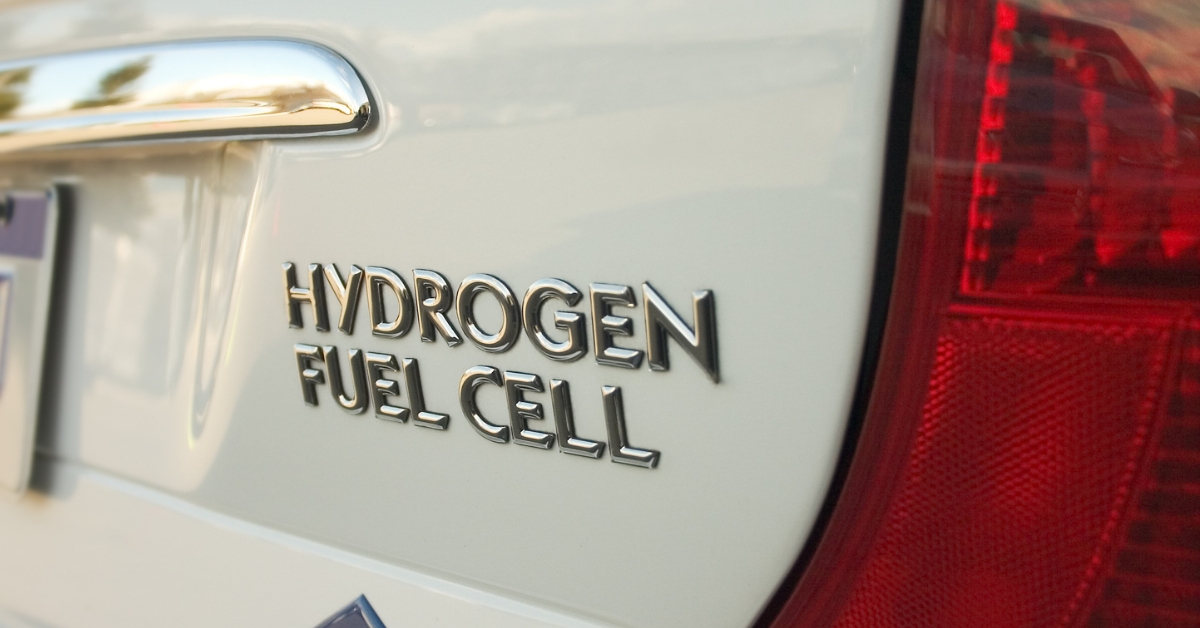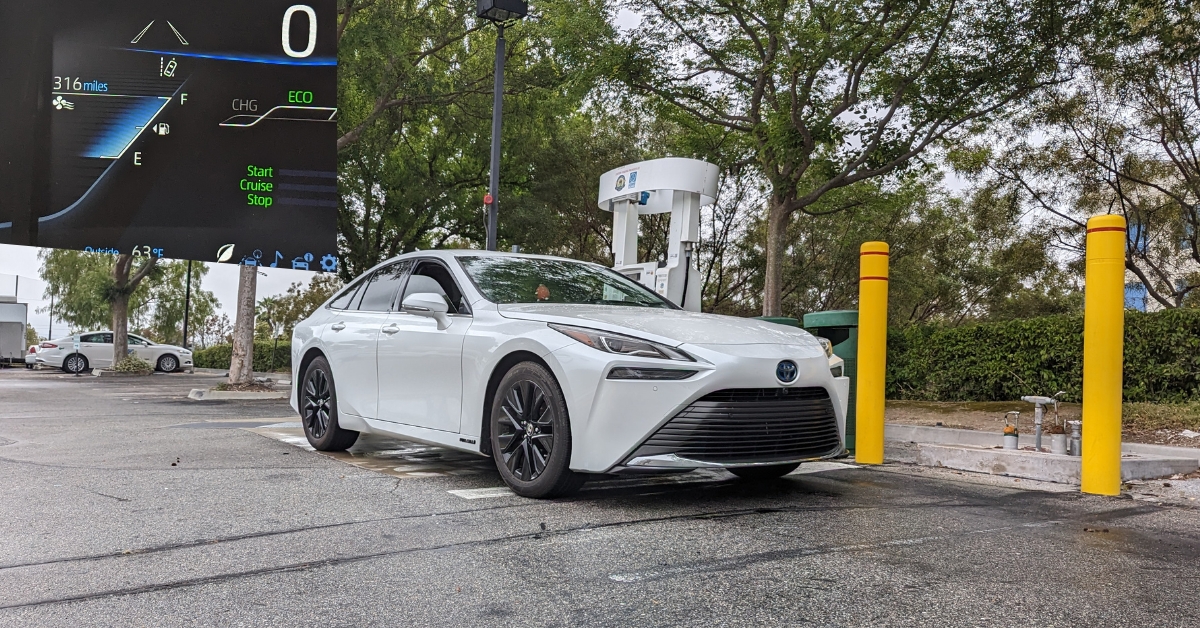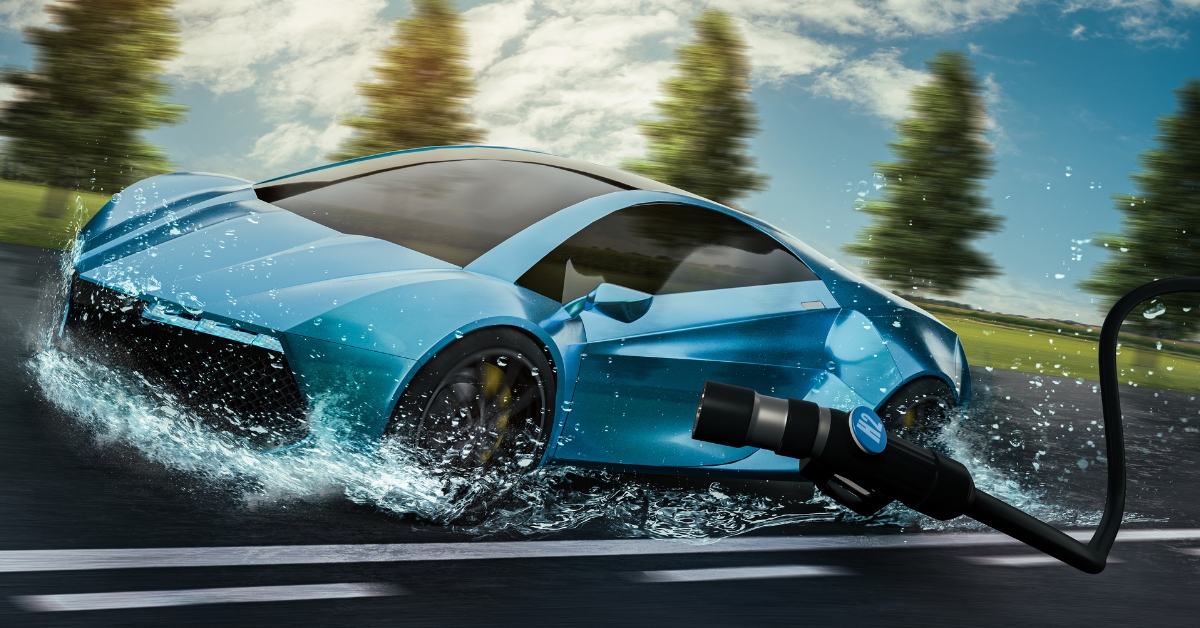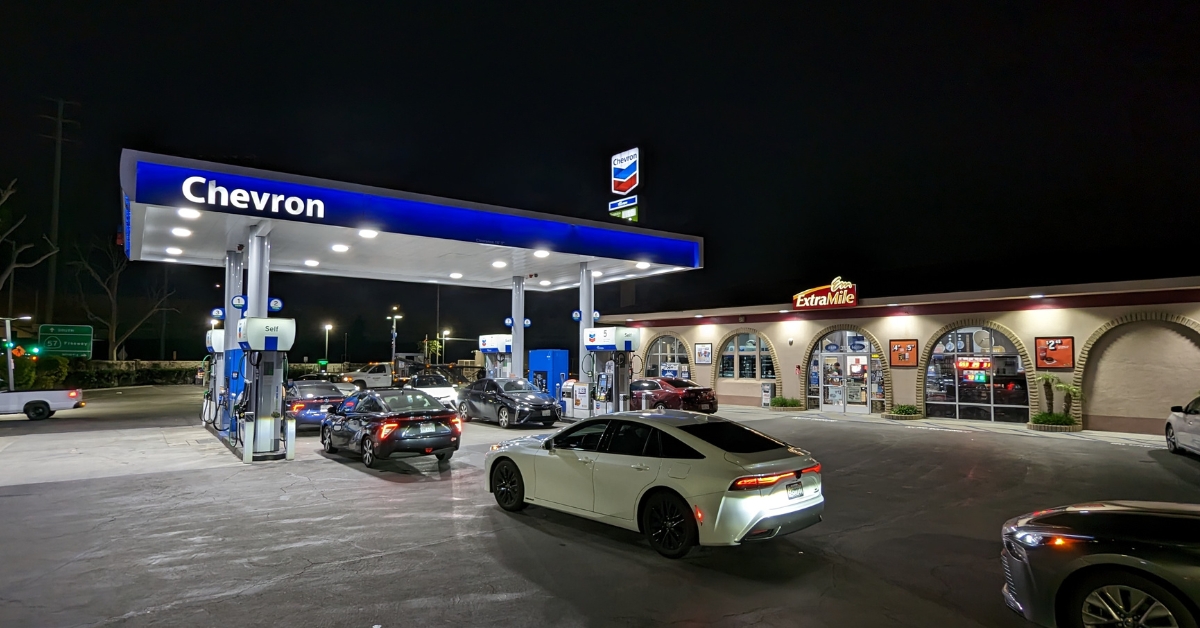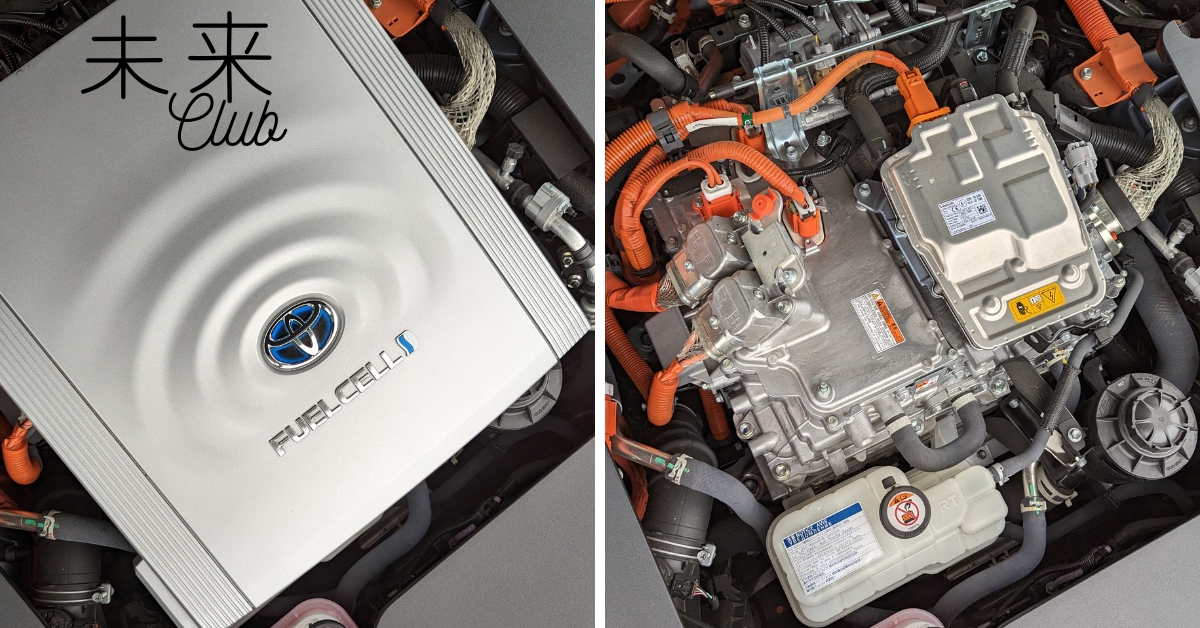promising and eco-friendly transportation solution. These vehicles utilize hydrogen as their primary fuel source, producing electricity through a chemical reaction with oxygen in a fuel cell stack. To ensure the longevity, efficiency, and safety of a hydrogen car, it is essential to adhere to specific maintenance requirements. In this article, we will delve into the key considerations for maintaining a hydrogen car, focusing on the fundamental aspects that keep the vehicle running smoothly.
- Hydrogen Refueling: The availability of hydrogen refueling stations is critical for hydrogen car owners. Before purchasing a hydrogen car, it is essential to research the presence and accessibility of refueling stations in your area. Regularly refueling the vehicle with hydrogen is crucial for continuous operation and to avoid depleting the hydrogen tank. An adequately filled tank ensures optimal performance and range.
- Fuel Cell System Inspections: The fuel cell system is the heart of a hydrogen car, responsible for converting hydrogen and oxygen into electricity. Regular inspections and maintenance of the fuel cell stack, hydrogen tanks, and associated components are necessary. This includes checking for leaks, ensuring proper ventilation, and inspecting the connections and seals. Following the manufacturer’s recommended maintenance schedule is crucial to identify and address any potential issues promptly.
- Hydrogen Tank Inspections: Hydrogen tanks store the highly pressurized hydrogen fuel in a hydrogen car. Regular inspections are vital to ensure the structural integrity and safety of the tanks. Trained professionals should assess the tanks for signs of wear, damage, or degradation. These inspections help prevent potential leaks or other safety hazards and maintain the overall reliability of the vehicle.
- Routine Vehicle Maintenance: Similar to conventional vehicles, hydrogen cars require routine maintenance for various mechanical and electrical components. This includes oil changes, tire rotations, brake inspections, and general vehicle servicing. While hydrogen cars have fewer moving parts than internal combustion engine vehicles, it is important to follow the manufacturer’s maintenance schedule to ensure the optimal functioning of the vehicle.
- Electrical System Maintenance: Hydrogen cars have advanced electrical systems that power various components and subsystems. Regular inspections and maintenance of the electrical system are essential to ensure the vehicle’s overall performance and safety. This includes checking the battery, wiring, connectors, and electronic control units.
- Software Updates: To enhance performance, address potential issues, and introduce new features, hydrogen cars may require software updates. These updates are typically performed by authorized service centers or dealerships. Staying up to date with the latest software ensures optimal efficiency and functionality of the vehicle’s systems.
- Technical Support and Authorized Service Centers: To ensure expert guidance and specialized service for hydrogen cars, it is important to seek technical support from authorized service centers. These centers have the necessary knowledge, training, and equipment to diagnose and resolve any issues specific to hydrogen vehicles. Regularly contacting them for maintenance, inspections, and addressing concerns can help maintain the performance and reliability of the vehicle.
Conclusion: Maintaining a hydrogen car requires adherence to specific maintenance considerations to ensure optimal performance and safety. Regular inspections of the fuel cell system, hydrogen tanks, electrical systems, and routine vehicle maintenance are essential. Access to hydrogen refueling stations and technical support from authorized service centers is also crucial. By following the manufacturer’s recommendations and staying up to date with maintenance requirements, hydrogen car owners can enjoy the benefits of sustainable transportation while maximizing the longevity and efficiency of their vehicles.

